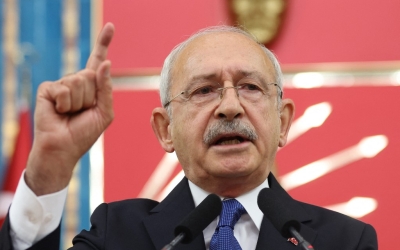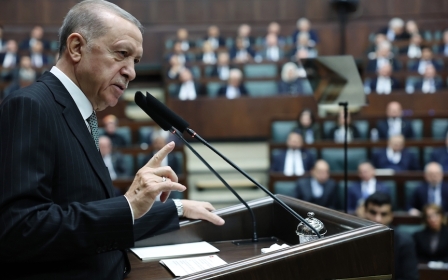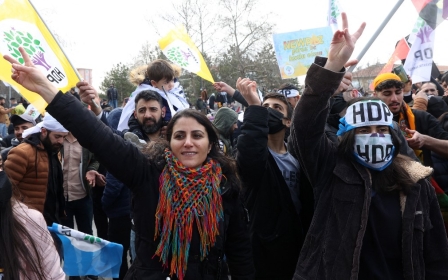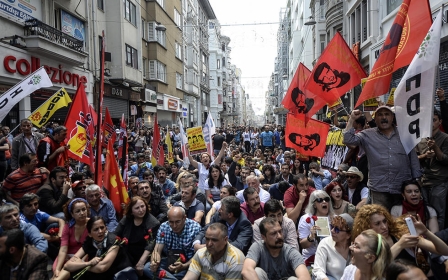Turkey elections: Opposition alliance splits over presidential candidate
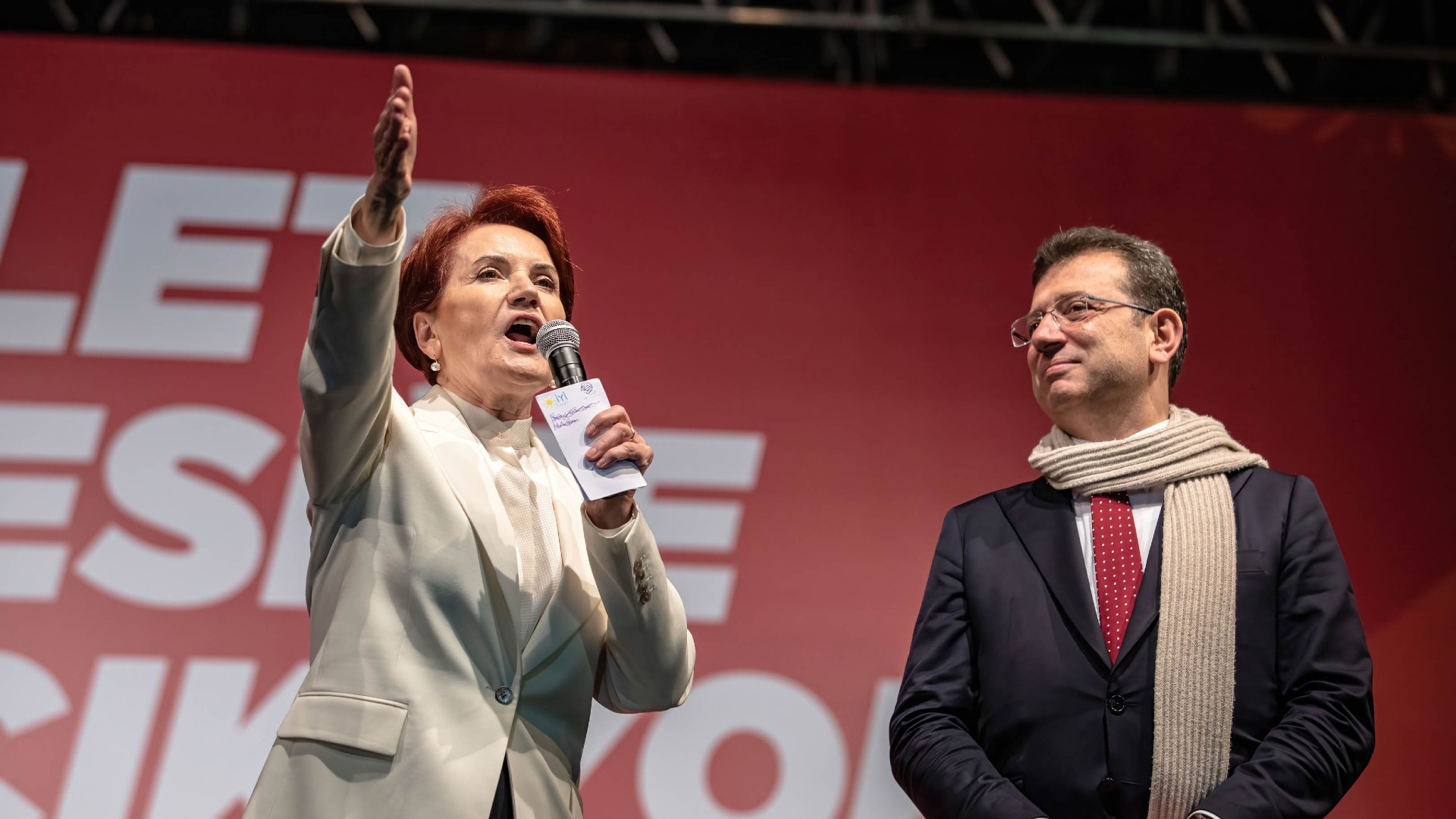
Turkey’s political opposition has split ahead of key elections with the nationalist IYI Party saying on Friday it would run its own presidential candidate.
Meral Aksener broke ranks with the five other opposition parties and publicly rejected throwing her support behind main opposition chief Kemal Kilicdaroglu as the joint presidential candidate in upcoming elections in May.
In a speech that stunned the public, Aksener used combative language and accused her fellow opposition party leaders of forcing her to choose between "death and malaria".
“We will not be the simple bystander of a scavenger of an outdated policy produced for personal profit,” Aksener said. “They chose personal ambitions over Turkey.”
Opposition parties, dubbed Table of Six, on Thursday met to discuss their joint presidential candidate, where leaders except Aksener backed the Republican People’s Party (CHP) leader Kilicdaroglu as their favourite.
New MEE newsletter: Jerusalem Dispatch
Sign up to get the latest insights and analysis on Israel-Palestine, alongside Turkey Unpacked and other MEE newsletters
IYI is the second largest party in the coalition, followed by right-wing politician Ali Babcan’s Democracy and Progress Party, Ahmet Davutoglu’s Future Party, and then Temel Karamollaoglu’s Felicity Party.
Aksener told a news conference the Table of Six opposition alliance, which hopes to remove President Recep Tayyip Erdogan on 14 May, no longer represented the national will.
Aksener said she had proposed the popular mayors of Istanbul and Ankara, Ekrem Imamoglu and Mansur Yavas, as possible nominees, but they didn’t get any support from other leaders.
“All surveys for a long time indicate these two names could win against Erdogan,” she said. “We asked them to pick a candidate with an objective criteria, but they refused.”
Aksener then publicly called on either Imamoglu or Yavas to run for the presidency. Both are members of Kilicdaroglu’s CHP.
The Table of Six, which was founded in February 2022 to create a joint front, seeks to move Turkey’s current executive presidential system back to a parliamentary one.
The leaders so far have announced two separate packages of legislative changes and a programme it says it will carry out if it is victorious.
Aksener’s decision put the opposition's chances at risk, as the coalition already appeared in disarray due to constant infighting that has spilled over into the media on a large range of issues.
Meanwhile, polls indicate that while Erdogan has managed to increase his popularity since August, he still doesn’t have the numbers to win in the first round.
A runoff between the two best-performing candidates would then be held.
Ali Haydar Firat, a commentator with close ties to the CHP, noted Aksener made a similar move in the 2018 elections, first accepting former president Abdullah Gul as the joint candidate and then changing her mind after talking to her colleagues in IYI.
“Aksener’s really strong language surprised all of us, we didn’t expect that,” he told NTV during a live broadcast. “She is gambling. And she will suffer the electoral consequences.”
Kilicdaroglu, in brief, televised statements, said that everything would settle down in time.
Middle East Eye delivers independent and unrivalled coverage and analysis of the Middle East, North Africa and beyond. To learn more about republishing this content and the associated fees, please fill out this form. More about MEE can be found here.


